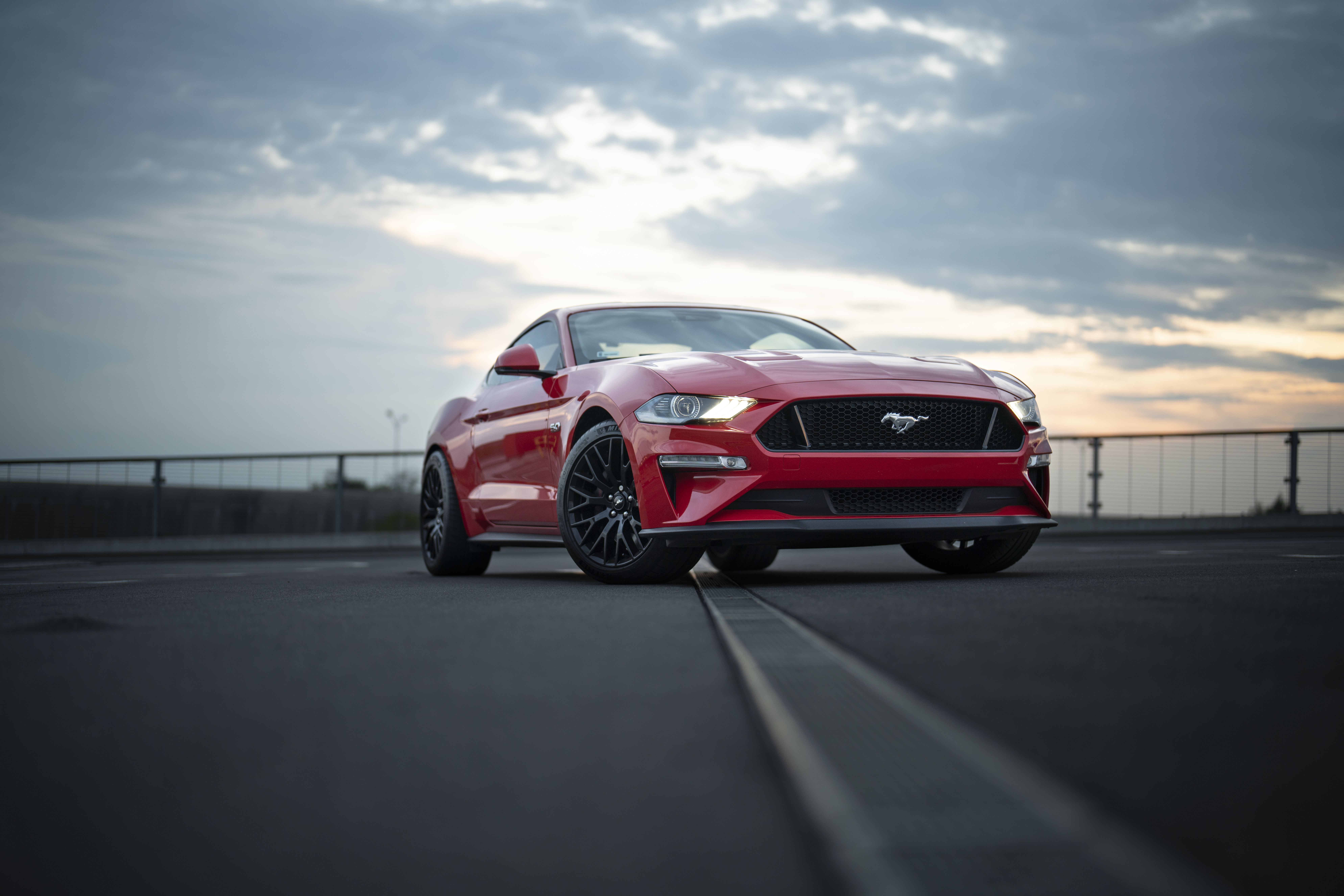Question: My friends and I want to take a road trip this summer, but the destination we have in mind is pretty far away. How long will it take for us to drive 1,000 miles?
Answer: The time it takes to drive 1,000 miles will depend on the kind of roads you’re on. However, you can expect to be in the car between 13 and 17 hours.
For a better idea of your travel time, see which of these road types matches the route you’ll take on your trip:
- Interstate: The average speed limit is 70 mph, which makes for a little more than 14 hours to travel 1,000 miles
- Multi-lane divided highways: The average speed limit is 65 mph, which is over 15 hours in the car.
- Other roads: Expect a 55 mph average speed limit, or around 18 hours in the car.
These calculations were made by dividing distance over time. Of course, you should always plan to spend more time on the road than just the time it takes to drive the distance. Between bathroom breaks and stops for food, you can expect to add at least an hour or two to your overall travel time.
Do speed limits matter?
The harder you can step on the gas pedal, the faster you’ll reach your destination. However, it’s important to account for speed limits, as you can receive a ticket for going over the maximum.
Montana didn’t have a hard speed limit until 1999, when its legislature imposed a top speed limit of 75 MPH. Before this, Montana drivers could go “at a rate of speed no greater than is reasonable and prudent.” Fortunately for people in a hurry, Montana’s top speed limit is now 80 MPH.
However, there are higher speed limits in the United States. Texas holds the highest speed limit of 85 MPH but only in a limited, rural part of Texas—so you couldn’t go a thousand miles across the United States at 85 MPH. In actual driving, you’d drive slower than the highest posted speed limits as you cross states, enter urban areas, and encounter traffic jams.
Google Maps aggregates all of these factors and is a good way to judge how fast you can go a thousand miles. Taking the most direct interstates, a thousand miles is equivalent to the distance between:
- New York City and St Louis (972 miles, 13 hours 40 minutes to 16 hours 20 minutes)
- Memphis, Tennessee and Albuquerque, New Mexico (1,009 miles, 13 hours 40 minutes to 16 hours 30 minutes)
- Los Angeles to Portland, Oregon (962 miles, 13 hours 30 minutes to 17 hours 20 minutes)
- Coeur d’Alene, Idaho to St. George, Utah (987 miles, 13 hours 20 minutes to 15 hours 40 minutes)
Driving 1,000 miles varies greatly. Notice the difference between the LA to Portland route and the Coeur d’Alene, Idaho to St. George, Utah route. A key difference is that the latter route goes through states with 80 MPH speed limits, whereas it is 70 MPH in West Coast states, so speed limits make a difference.

Xuyun Zeng is a writer and editor with a wide-ranging content background including tech, journalism, cars and health care. After graduating with highest honors in journalism, Xuyun led a newspaper to win eight awards, helped start an award-winning film industry podcast and has written over a hundred articles about cars repair, state laws and insurance. Prior to joining Jerry, Xuyun worked as a freelance SEO consultant with a mission to create the best content that will help readers and grow organic traffic.

Giselle Gomez is an editor with over a decade of experience editing content across personal finance, education, travel, and sports. In editing for Jerry, Giselle’s focus is on making sure content is consumer and SEO-friendly and helping readers understand all things car ownership. In prior roles, she worked as a content strategist, syndication editor, and writer. Her work is featured in AP, NerdWallet.com, BestColleges.com, and more. Giselle holds a master’s degree from Arizona State University.








